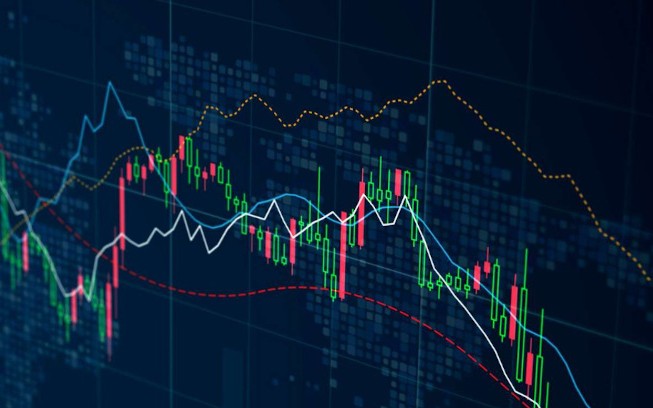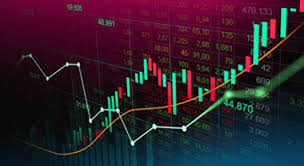
When diving into the world of forex trading, choosing the right broker is one of the most crucial decisions a trader can make. This choice can significantly impact your trading success, overall experience, and even your financial safety. With countless options available in the market, defining the best broker might seem daunting. Here, we will explore the key criteria for selecting the best broker for forex trading, including vital features, regulations, trading platform, and more. For a comprehensive list of brokers, you can check out best broker for forex trading Forex Broker Register.
The Importance of Choosing the Right Broker
The right forex broker can determine the difference between a thriving trading experience and a frustrating one. A broker acts as an intermediary between you and the forex market, facilitating your trades and providing the necessary tools for analysis and strategy. Therefore, the broker you choose should align with your trading goals, style, and risk tolerance.
Key Criteria to Consider
1. Regulation and Trustworthiness
First and foremost, ensure that any broker you are considering is well-regulated. Regulatory bodies oversee brokers to protect traders and maintain fairness and transparency within the market. Reputable regulatory agencies include:
- Financial Conduct Authority (FCA) – UK
- Commodity Futures Trading Commission (CFTC) – USA
- European Securities and Markets Authority (ESMA) – EU
- Australian Securities and Investments Commission (ASIC) – Australia
These organizations require brokers to adhere to strict operational standards, which helps protect your funds and ensure a fair trading environment.
2. Trading Platform
The trading platform is your gateway to the forex market, making it essential to choose a broker that offers a reliable and user-friendly platform. Look for features such as:
- Intuitive interface
- Advanced charting tools and indicators
- Customizable layouts
- Mobile trading options
Popular trading platforms such as MetaTrader 4 (MT4) and MetaTrader 5 (MT5) are favored by many traders for their extensive features and functionalities.
3. Spreads and Commissions
Understanding the cost structure of trading is critical. Brokers typically charge a spread, which is the difference between the bid and ask price, and may also charge commissions on trades. It’s important to compare the spreads and commission rates across different brokers to ensure you are getting a competitive rate that aligns with your trading strategy. Keep in mind that low spreads may be attractive, but they should not come at the cost of quality service and reliability.

4. Leverage Options
Leverage allows traders to control larger positions with a smaller amount of capital, which can amplify both profits and losses. Brokers offer varying degrees of leverage, often expressed as a ratio. While higher leverage can offer greater profit potential, it also entails higher risk. Understand your risk tolerance and choose a broker that provides leverage options that suit your trading style.
5. Customer Support
Reliable customer support is vital in the fast-paced world of forex trading. Issues can arise at any time, and having access to proficient support can make a significant difference. Look for brokers that offer multiple support channels, including:
- Live chat
- Email support
- Phone support
- Comprehensive FAQs and resources
Test their response times and effectiveness before committing to ensure that you will receive assistance when needed.
6. Range of Available Currency Pairs
Different traders have different strategies. Depending on your style, you may want to trade major currency pairs like EUR/USD and GBP/USD or delve into minor and exotic pairs. The best brokers offer a wide variety of currency pairs to cater to different trading strategies. Check the broker’s list of currency pairs to ensure that it meets your trading interests.
7. Educational Resources
For both novice and experienced traders, educational resources can greatly enhance trading skills. The best brokers provide their clients with educational materials that include:
- Tutorials and webinars
- Market analysis
- Trading guides
- Risk management resources
These resources can help you make informed decisions and develop effective trading strategies.
Conclusion
Selecting the right broker for forex trading is a fundamental step in achieving success in the forex market. By considering the criteria outlined above, you can make a more informed decision that aligns with your trading goals and risk tolerance. Always take the time to research and compare different brokers; it can be the difference between an unsuccessful and a flourishing trading journey. Whether you are a beginner or a seasoned trader, thorough research is imperative to ensure that you find a broker that meets your specific needs.
In summary, remember to prioritize regulation, robust trading platforms, competitive spreads, strong customer support, and educational resources when assessing your options. By doing so, you will be well on your way to enhancing your forex trading experience.

